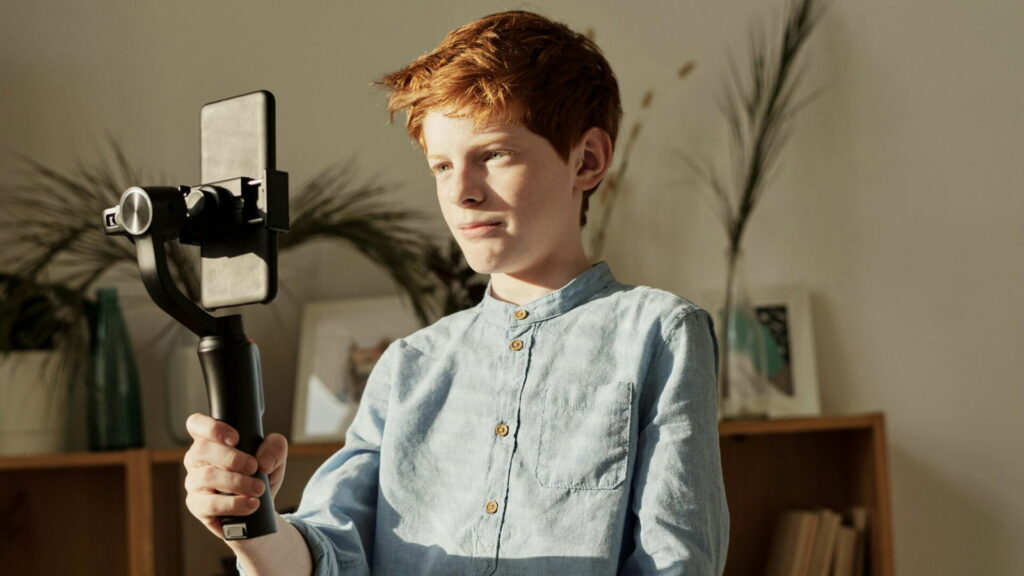By Familyguide Contributor
Governor Gavin Newsom of California has recently signed two groundbreaking bills into law, aimed at safeguarding the rights and interests of child influencers.
According to The Hollywood Reporter, one of these bills, California Assembly Bill 1880, extends the protections of the long-standing Coogan Law to include young influencers and online content creators. The Coogan Law, established in 1939, originally mandated that 15% of a child performer's earnings be set aside in a trust until they reach adulthood. However, this law was limited to child actors and performers in traditional media. The new legislation broadens these protections to encompass child influencers on popular platforms such as TikTok and Instagram.
The second bill, Senate Bill 764, introduces requirements for online influencers who feature children in at least 30 percent of their content. These content creators must now allocate a portion of their gross earnings to a trust fund, which the featured minors can access upon reaching adulthood. Additionally, the bill mandates that creators maintain detailed records of income generated from content featuring children, including the duration of the minors' appearances.
Governor Newsom addressed the importance of this legislation in a video shared on X, stating, "There's been this glaring gap. And this legislation basically closes that loophole."
Former child star Demi Lovato, who has been vocal about supporting young people in the entertainment industry, appeared alongside Governor Newsom in the video. Lovato described the bills as "essentially the Coogan Law for the digital age."
Familyguide previously reported on Lovato's stance regarding child stars:
When asked about her potential future daughter's interest in becoming a performer, Lovato stated, "I'd say, 'Let's study music theory and prepare you for the day you turn 18, because it's not happening before that. Not because I don't believe in you or love you or want you to be happy, but because I want you to have a childhood, the childhood that I didn't have.'"
Lovato would also encourage her daughter to have a "backup plan," explaining, "something I wish I'd done because sometimes I think it's time for me to move on, but I'm in this weird position in my career because I still rely on music for my income."
Lovato has been open about the trauma she experienced from her childhood stardom, even admitting to having difficulty remembering much after the first CAMP ROCK.
"I think I'd passed the threshold of what I could withstand emotionally and physically," she told The Hollywood Reporter, recognizing it could be a trauma response. "And I didn't realize that child stardom could be traumatic — and it isn't traumatic for everyone, but for me, it was."
This California legislation follows a similar bill passed in Illinois earlier this year. The Illinois law requires influencers featuring their children to compensate them for their work. Specifically, it mandates that children aged 16 and under be compensated if they appear in at least 30% of video or online content within a 30-day period for which the adult is being paid. The content creator is responsible for setting aside gross earnings in a trust account for the child to access at age 18.
These new laws represent a significant step forward in protecting the rights of child influencers and ensuring they benefit from their contributions to online content.
You may also like
-
Actress’ Baby Only Wanted THIS?! God SHOCKED Her With The Truth!
-
Discord: Is Your Child's Soul at RISK? (The TRUTH Parents MUST Know!)
-
Candace Cameron Bure's Kids Asked Her *This* Question About Faith?!
-
Hollywood Star's Secret Weapon for Sharing Faith Fearlessly!
-
PBS Kids Just Did WHAT?! The Future of Family Gaming is Here!

